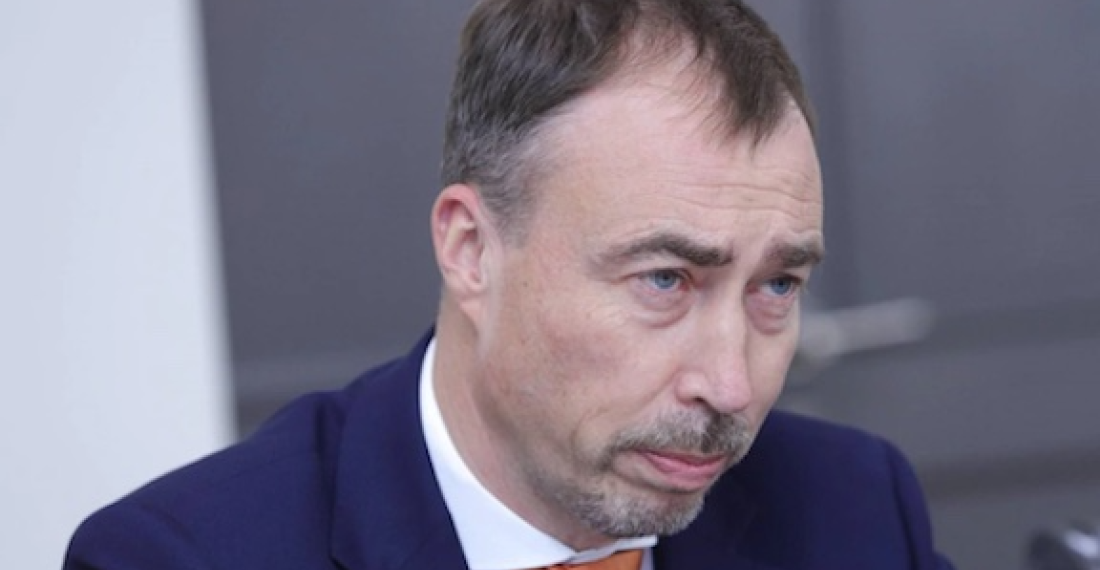In an interview with the Azerbaijani media oulet APA, the EU Special Representative for the South Caucasus and the Crisis in Georgia Toivo Klaar has said that he believes "we can have sustained, lasting peace between Armenia and Azerbaijan".
In the interview, published on Wednesday (8 March), Klaar said that although it would be "surprising" if complete normalisation between Armenia and Azerbaijan were achieved only two years after the Second Karabakh War, he added, "the important thing is that there is political will from the leaderships in Yerevan and in Baku to overcome this history of conflict". He did caution, however, that this process "takes time" and is "not easy".
Expectation to have Armenian and Azerbaijani leaders back in Brussels "in the very near future again"
On the topic of the supposed "two tracks" of negotiation, the so-called "Brussels track" and the "Moscow track", Klaar repeated a similar assertion also made by US Secretary of State spokesperson Ned Price on Monday (6 March), that "this has never really been about the Brussels process versus any other process", adding, "we just wanted to support peace between Armenia and Azerbaijan."
"We believe that it is very important for them to meet on a regular basis and to really work on the substance of the outstanding issues, of which there are quite a few, and which will simply not be resolved without the leaders engaging and meeting in a substantive way as we have seen in Brussels. So, in that sense, President Michel is very much keen on having the leaders come to Brussels again," Klaar said.
Addressing lack of trust, hate speech, and feelings of revenge is "very important"
When asked about how the EU can help change lack of trust, hate speech, and feelings of revenge, Klaar said: "in the end, it is about education, it is about shaping opinions in civil society and society at large and that is really something that the leaderships of either country need to engage in, it pertains to school curricula, it pertains to what is written in the media, how it is written in the media. All of this is something where the EU frankly does not have very much to say, but the leaderships of the countries have, on the contrary, it is really for them to do this."
"So, I think that this is a very important aspect that you raised. And I think that, on the political level, it is important to have this engagement on the societal level, it is important for leadership to be shown in both countries that the era of hostilities, the era of conflict is over and we want to build a new era of partnership and friendship," he added.
Georgia, Armenia and Azerbaijan can establish links on energy cooperation, environmental cooperation, tourism, and trade
When asked about whether the three Baltic States could serve as a future model for close relations and cooperation between the three South Caucasus countries, Klaar, who is from Estonia, said that he thinks it is "possible".
He added, however, that he thought it would be "challenging" to get to that point because the Baltic States "do not have this kind of history of conflict".
"But it is possible and there are certainly many reasons for that," Klaar said. "This is a region that is very clearly defined geographically, you have common interests as far as being on the crossroads, both East-West, and North-South, you have common interests in ecological issues, as I said, also in economic issues, managing the environment, and so there are a lot of reasons for working closely together."
"And indeed establishing practical links between the countries with regard to practical issues like energy cooperation, environmental cooperation, tourism, and trade, if you are working on these practical things, this builds ties between people and it helps in a very practical way to overcome the conflict."



